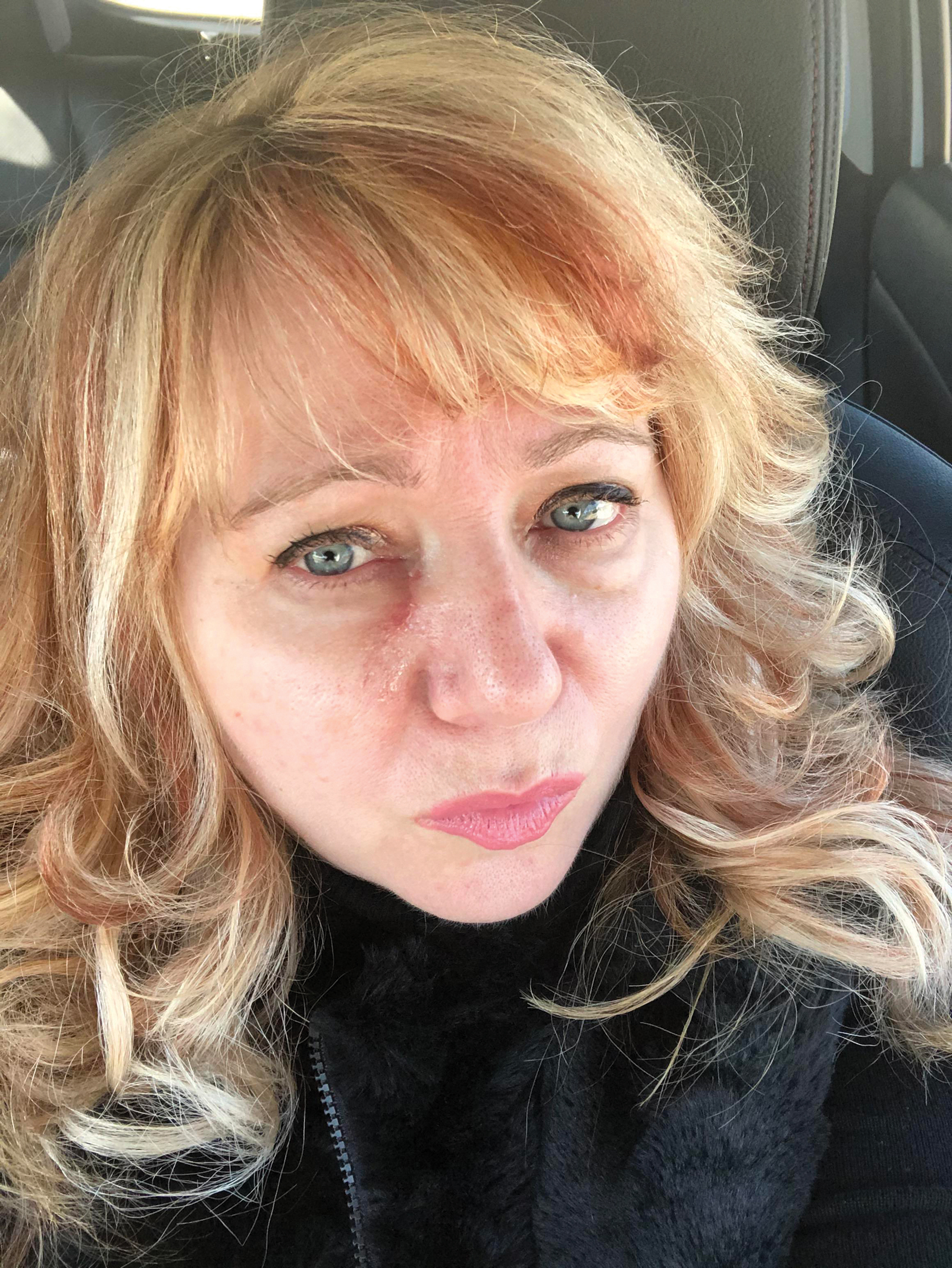One woman’s words of warning: pay attention to the signs, love the skin you’re in and even scars can tell a story of survival and are beautiful
===
Tina Tilley, 52, never in a million years would have thought there could be a problem. And cancer? Skin cancer? On her face, of all places.
Well, such things certainly didn’t enter her mind at the time. “Facing cancer is interesting. When you are told you have cancer, it changes you,” she opened.
A dry patch
A part of her healing process is to create awareness, she continued. “There is not enough awareness about skin cancer, especially basal cell cancer. We are always told to monitor moles, but cancer can be a lump, a spot that doesn’t go away or anything that looks like a skin imperfection,” she warned.
In Tilley’s case, all she was aware of was some dry skin.
“My spot looked like a dry patch. I thought nothing of it. It was the size of my pinky nail and the tumor underneath was the size of my pinky finger.”
It’s like the iceberg analogy, she added. “We can all relate to icebergs and know how dangerous they can be. Basal cell cancer is compared to an iceberg. You see the tip but there is a whole lot going on underneath. My doctor said skin cancer happens to one in three people. That’s shocking and more shocking is how many people are unaware.”
Now that she’s been through the worst, and is healing following surgery, she has words of wisdom for others.
Shocking diagnosis
“My best advice is to ask questions, request to see a dermatologist and follow through,” she said.
Tilley thinks back. It’s normal to wonder what, how and why, though she has no clear answers. “You know what? I’m not a sun worshiper. I can’t tell you the last time I was in the sun. I don’t tan. I don’t go out in the sun. So it’s kind of weird because I know two other people in our very own community that went through the same thing I did and they could say the same. But the main thing is, I learned, is being in the sun as a child and being fair skinned and not wearing sunblock is a factor. The other factor is, if you’re not in the sun, have you gone to some tanning beds in the past and that’s also a factor. And, that’s me.”
Still, she admitted she was shocked to learn her diagnosis. “I never go in the sun. This is so ironic. Somebody who never goes in the sun gets skin cancer, but they really feel like it is from childhood being in the sun. Because you know what? We grew up in Newfoundland. We don’t think the sun will hurt us that hard. While playing in the fields growing up we didn’t really understand what the consequences could be until we got older.”
Better back story
Now that her facial surgery is complete, she’s doing well. But it’s a day at a time. “You know what? I had a meltdown that first day that I was by myself and everything kind of flashed back as I was looking at my scar. But I have this thing in my head and it keeps me strong, and it’s a scar is like a tattoos but with a better back story.”
She’s also proud to have come so far. “I’m letting the reality sink in. I’m a cancer survivor. They got 100 per cent of the cancer. It’s gone. And I got to keep my eye, so no matter what, I’m good. It’s still hard for me to look in the mirror at times if I were honest. It’s just hard because we’re women and nobody wants to see a big scar going down their face. But you know what? I survived, and I am grateful.”
Tilley, who, along with her son Alex, now calls Ontario home, just wants to raise awareness. “If I can get my story out there, if I can save one person from going through this and waiting so long, then that’s enough for me.”
Keep calm, but be assertive when it comes to your own health, she added.
“I just want to stress the point, like any slight imperfection does not mean cancer, but check it out. I just want to create awareness because if I had not taken care of this, it could have been so much worse.”
Strength from home
Tilley says she feels stronger as the days pass. But things were not always so smooth sailing. “When the doctor says, ‘we took a tumor from your face,’ then reality kind of sunk in.”
Friends, including ones from back home in Newfoundland, were her rock, she added. “The whole time I was talking to my very good friends from Newfoundland and from up here and with COVID, I had to be by myself a lot, but even though nobody was physically with me, my friends have been my rock. They have been the reason I could survive what I just survived.”
